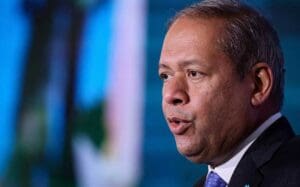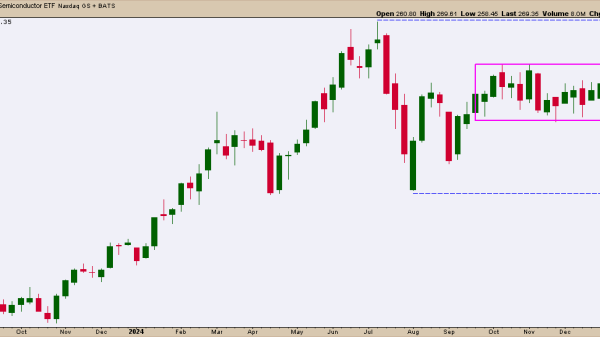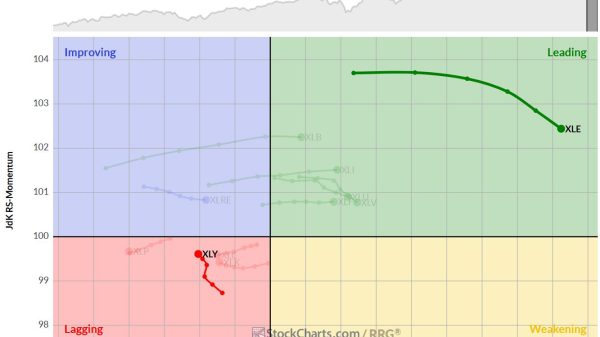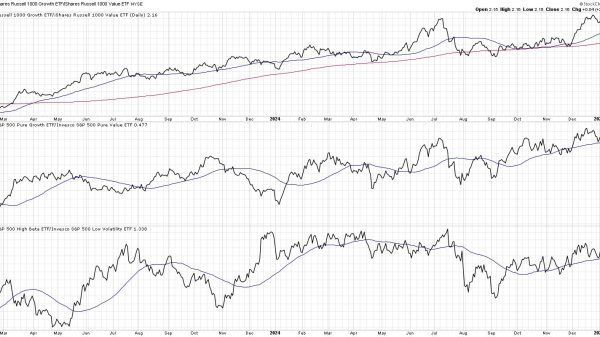Rick Saleeby is a veteran journalist and broadcaster based in New York. He has more than 20 years of experience in news production and sports journalism.
Rick earned a Bachelor of Science in Communication Arts from St. John’s University, where he also minored in Business Administration. His career began at News 12 Interactive, where he worked as a producer and video graphics editor.
Rick’s experience expanded when he joined News 12 Connecticut as an Associate Producer and Sports Producer. In 2004, he moved to FOX News Channel, working as an Associate Producer and Writer for shows like “Studio B” and “The FOX Report” with Shepard Smith.
Rick spent the majority of his career at CNN, where he worked for 15 years. As a Senior Producer, Senior Copy Editor, and Head Writer for “The Lead with Jake Tapper,” he played a key role in managing breaking news and crafting engaging stories. His work earned him multiple industry recognitions, including Peabody Awards and Emmy nominations.
Throughout his career, Rick has been known for his integrity, adaptability, and passion for storytelling. He advocates for ethical journalism in the digital age and is committed to upholding high standards in reporting. Outside of work, Rick enjoys sports, fitness, and travel, always seeking new ways to draw inspiration from the world around him.
Rick Saleeby continues to be a respected figure in the industry, influencing the next generation of journalists with his experience and insights.
How has broadcast journalism changed over the past 20 years?
The changes have been immense. When I started, broadcast journalism was more structured around traditional news cycles—morning, afternoon, and evening news. Today, the 24/7 news cycle and social media have transformed how news is consumed. Speed is prioritized, and journalists are expected to deliver news in real-time across multiple platforms. The rise of digital media has also brought a shift from long-form, in-depth pieces to more short-form, attention-grabbing content. There’s more pressure to produce fast, but it’s important not to sacrifice accuracy for speed.
What advice would you give to someone starting out in broadcast journalism today?
First, always be curious and willing to learn. This industry is evolving fast, so you need to stay up-to-date with the latest trends and technology. Second, don’t be afraid to start small. Every experience counts, whether it’s working at a local station or writing for an online platform. Finally, focus on storytelling. No matter how fast things move, storytelling is still the foundation of good journalism.
What skills should aspiring broadcast journalists develop to succeed?
Adaptability is key. You need to be comfortable working across different media platforms—TV, digital, social media. Master the basics like writing and editing, but also develop technical skills in video production and data analytics. And of course, strong communication skills are essential. The ability to connect with your audience and explain complex topics in simple terms will set you apart.
How can young journalists stand out in such a competitive field?
Be authentic and build a personal brand that reflects your voice. In a crowded space, having a unique perspective is what will make people take notice. Be consistent in your work ethic and always strive for accuracy and fairness. Networking is also crucial. Build relationships with mentors, colleagues, and professionals in the industry who can help guide you along the way.
What challenges do journalists face today that weren’t as prevalent 20 years ago?
One of the biggest challenges is the rise of misinformation and fake news. Journalists now have to spend more time verifying sources and ensuring accuracy, as false information spreads faster than ever. Additionally, the shift towards more sensationalist, “rage bait” content has made it harder for in-depth, thoughtful reporting to get the attention it deserves. Navigating the balance between what the audience wants and what they need is more difficult now.
How important is it for journalists to adapt to new technologies in the digital age?
Extremely important. The future of journalism is digital, and the ability to adapt to new technologies is essential for staying relevant. This includes everything from using social media effectively to understanding how AI and data-driven tools can enhance reporting. Journalists who can combine traditional skills with technological know-how will have a huge advantage.
What’s one thing that hasn’t changed in journalism despite all these shifts?
Integrity. No matter how much the industry changes, being truthful, fair, and accurate will always be the cornerstone of journalism. Audiences might be consuming news differently now, but they still expect journalists to uphold the truth. Ethics and accountability are timeless principles in our field, and they should never be compromised.
What is your advice for handling the fast-paced nature of the industry?
Organization is critical. You need to be able to juggle multiple tasks at once—whether that’s reporting, editing, or prepping for the next story. I’ve developed routines over the years to manage stress, like taking moments to breathe, refocus, and prioritize. Staying calm under pressure is also key. The industry moves quickly, but it’s important to stay grounded and not let the chaos affect the quality of your work.
How do you see the future of broadcast journalism?
I think we’ll continue to see more integration between digital and traditional media. The challenge will be finding a balance between quick, engaging content and in-depth, investigative reporting. There’s always going to be a demand for good storytelling, but journalists will need to embrace new technologies and be adaptable. I’m hopeful that there will be a resurgence in quality journalism, as audiences begin to prioritize trustworthy sources over sensationalism.
What’s the best piece of advice you’ve received in your career?
Always stay curious and don’t be afraid to ask questions.” Journalism is about discovery, and the moment you stop being curious is the moment you stop growing as a journalist. Keep learning, keep questioning, and keep pushing yourself to find the truth in every story.
Read more:
Rick Saleeby: Discussing Integrity, Technology, and the Future of Journalism























